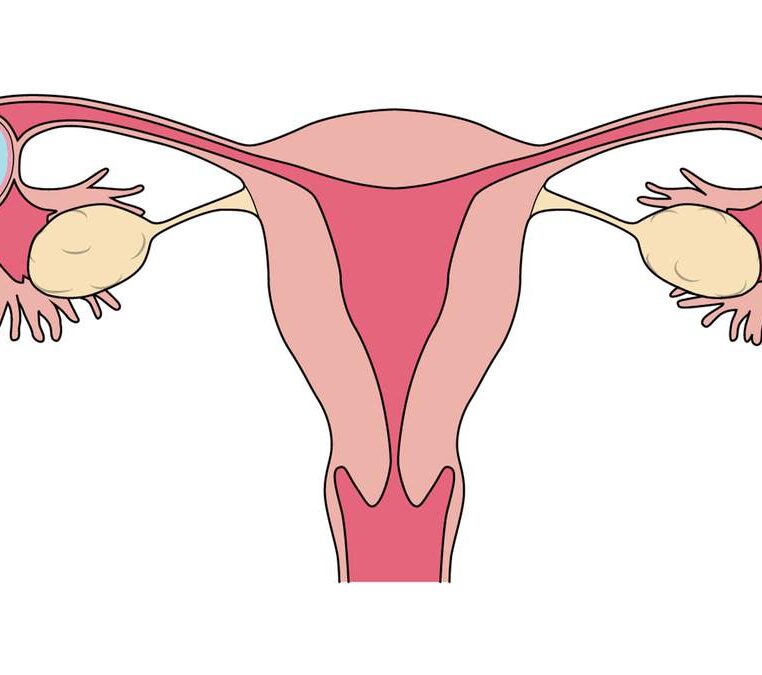
Ectopic pregnancy
Understanding Ectopic Pregnancy Loss
An ectopic pregnancy occurs when a fertilized egg implants outside the uterus, typically in one of the fallopian tubes. This condition is not viable and can pose serious health risks to the woman if not treated promptly. Understanding ectopic pregnancy loss is crucial for those affected and for healthcare professionals managing these cases. This article explores the causes, symptoms, diagnosis, treatment options, and emotional impact of ectopic pregnancy loss in a human, relatable manner.
What Is an Ectopic Pregnancy?
In a typical pregnancy, a fertilized egg travels through the fallopian tube and implants in the uterine lining. In an ectopic pregnancy, the egg implants outside the uterus, commonly in the fallopian tube but sometimes in other locations like the ovary, cervix, or abdominal cavity. This abnormal implantation prevents the fetus from developing properly and can lead to serious complications for the mother.
Causes and Risk Factors
Several factors can increase the risk of an ectopic pregnancy:
- Previous Ectopic Pregnancies: Women who have had an ectopic pregnancy before are at a higher risk of experiencing it again.
- Pelvic Inflammatory Disease (PID): This infection of the reproductive organs can cause scarring and blockages in the fallopian tubes.
- Endometriosis: This condition, where tissue similar to the uterine lining grows outside the uterus, can affect the fallopian tubes and increase ectopic pregnancy risk.
- Fertility Treatments: Certain assisted reproductive technologies can increase the likelihood of an ectopic pregnancy.
- Smoking: Women who smoke have a higher risk of ectopic pregnancy, possibly due to its effects on the fallopian tubes.
Symptoms of Ectopic Pregnancy
Ectopic pregnancies can be challenging to detect early on because they may initially present with symptoms similar to a normal pregnancy. However, as the pregnancy progresses, symptoms may include:
- Abdominal Pain: Often localized to one side, this pain can range from mild to severe.
- Vaginal Bleeding: Light bleeding or spotting may occur, sometimes mistaken for a normal period.
- Shoulder Pain: Pain referred to the shoulder can happen due to internal bleeding irritating the diaphragm.
- Weakness or Dizziness: These symptoms may indicate internal bleeding, especially if accompanied by sharp abdominal pain.
If you experience any of these symptoms, especially if you’re pregnant or have a history of ectopic pregnancies, seek medical attention immediately.
Diagnosis of Ectopic Pregnancy
Diagnosis of an ectopic pregnancy involves a combination of medical history, physical examination, and tests:
- Medical History: Your healthcare provider will review your symptoms, previous pregnancies, and any risk factors.
- Ultrasound: A transvaginal ultrasound is the primary tool used to visualize the location of the pregnancy. In an ectopic pregnancy, the embryo will be seen outside the uterus or not visible at all.
- Blood Tests: Measuring levels of human chorionic gonadotropin (hCG), a hormone produced during pregnancy, helps assess whether the pregnancy is developing normally. Abnormally low or decreasing hCG levels may indicate an ectopic pregnancy.
- Pelvic Exam: A physical examination may reveal tenderness or swelling in the pelvic region.
Treatment Options
Treatment for an ectopic pregnancy depends on its size, location, and how far it has progressed. The main goals are to remove the ectopic tissue and prevent complications while preserving the woman’s health and fertility.
- Medications: Methotrexate is a medication used to stop the growth of the ectopic tissue. It’s typically used for early-stage ectopic pregnancies that haven’t ruptured. This treatment is effective for many women and allows them to avoid surgery.
- Surgery: If the ectopic pregnancy is more advanced or if there’s significant internal bleeding, surgery may be necessary. There are two primary surgical options:
- Laparoscopic Surgery: This minimally invasive procedure involves small incisions and a camera to guide the removal of the ectopic tissue. It generally has a faster recovery time.
- Open Surgery: In more severe cases, a larger incision may be needed to remove the ectopic tissue and repair any damage. This approach has a longer recovery period.
Emotional and Psychological Impact
Experiencing an ectopic pregnancy loss can be emotionally challenging. Women may experience a range of emotions, including sadness, anger, and confusion. It’s important to acknowledge these feelings and seek support from friends, family, or a mental health professional if needed.
Support groups and counseling can be valuable resources for women dealing with the emotional aftermath of an ectopic pregnancy. Sharing experiences with others who have faced similar situations can provide comfort and understanding.
Future Pregnancies and Fertility
Having an ectopic pregnancy does not necessarily mean future pregnancies will be affected. Many women go on to have successful pregnancies after an ectopic pregnancy, especially if the ectopic tissue was removed early and there were no complications.
However, it’s essential to discuss your specific situation with your healthcare provider. They can offer guidance on monitoring your health and fertility in future pregnancies and recommend any necessary follow-up care.
